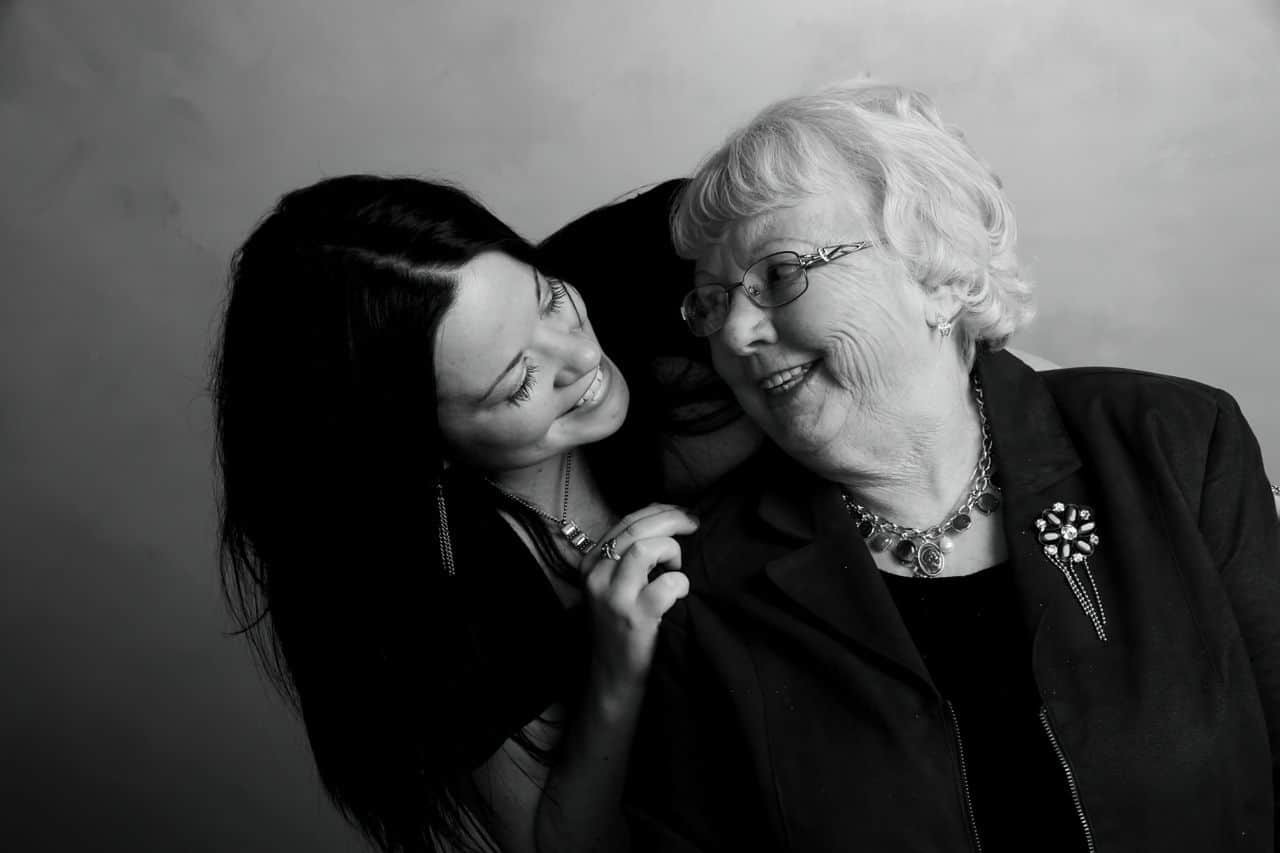Becoming a caregiver for a loved one is a big decision. Caregiving is an emotionally and physically taxing job. However, caregiving is also satisfying, especially when you’re caring for a loved one in their own home.
No matter how much you love someone, you need to be mentally and physically ready for challenges. Before signing up to become a caregiver, here are some important points to consider.
1. You’ll need a flexible work schedule
Having a flexible work schedule is important when caregiving for a loved one. Your loved one will need you during certain hours, and if you can’t make that work with your normal job it will be a struggle.
You can get paid to care for your loved one. However, caregiving isn’t just a side gig – it’s a big commitment. Unless you’re working full-time as a caregiver with other clients, you won’t be able to live on the money earned from taking care of your loved one. You’ll still need another source of income.
Make sure you can handle your employment commitments before taking on the role of a caregiver. Don’t get into a situation where you have to choose between your job and caring for your loved one.
2. Be ready to handle emergencies
Caregiving will put you in a position where you might experience some medical emergencies. For example, your loved one might fall, experience a stroke, or have a heart attack. You need to be prepared to handle situations related to their medical condition.
It’s also a good idea to make sure you know their wishes and have their medical directive taped to the door in case you need to call 911. If your loved one’s directive is DNR (Do Not Resuscitate), you’ll need to be emotionally prepared for that potential situation.
3. You’ll need to be skilled in handling disagreements
Caregiving often creates a high level of frustration that can make simple disagreements feel like intense arguments. This is common when a loved one has dementia or Alzheimer’s disease.
To be a caregiver, you’ll need plenty of patience and compassion to handle disagreements in a way that supports your loved one. Being a friend or family member can make tensions skyrocket more than they would with a stranger.
You have to be ready to be the bigger person and not allow situations to escalate, even if that means letting your loved one be “right” about something that isn’t true.
4. You will get burned out at some point
Caregiver burnout is real. Even when you go into the role knowing it can be exhausting, burnout will catch you off guard. Getting burned out will happen at some point, even when you’re careful about getting enough rest.
Burnout isn’t just physical – it’s emotional. For example, the stress of caring for a loved one while watching them become increasingly sick can be overwhelming.
Caregiver burnout is indicated by a variety of symptoms including:
- Changes in weight and appetite
- Mental and physical exhaustion
- Using alcohol or drugs
- Poor sleep
- Feeling hopeless and helpless
- Loss of interest in hobbies
- Social withdrawal
- Feeling like you want to hurt yourself
- Feeling resentment toward the person you’re caring for
You might not experience all of these symptoms, and the ones you do experience could be mild. It depends on your situation, but you won’t know until it happens.
If you’re going to be a caregiver, be prepared to deal with high levels of stress that will impact you physically and emotionally.
5. Be ready to master time management
When you take on a caregiving role, you’ll have less time to spend with your family and friends. Caregiving duties are intense and time-consuming, especially when you’re the only caregiver. Time management will be crucial for you to maintain a sense of wellbeing.
You might want to consider having your loved one get a second caregiver to share the load. You’ll need to warm them up to the idea, but it’s worth the effort. Without a second caregiver to share responsibilities, you’ll become overwhelmed quickly.
6. If you don’t handle stress well, caregiving probably isn’t a good fit
Although you’ll perform plenty of tasks as a caregiver, it’s really a dynamic role that involves emotional and mental challenges. This role is especially stressful when kids become caregivers for their parents, since their usual roles are reversed.
If small sources of stress affect you negatively and you find it hard to recover, caregiving will be ten times harder than you think.
Caregiving is tough, so make sure you can be committed
There’s nothing easy about being a caregiver, so make sure you can stay committed to the role before making your decision.

